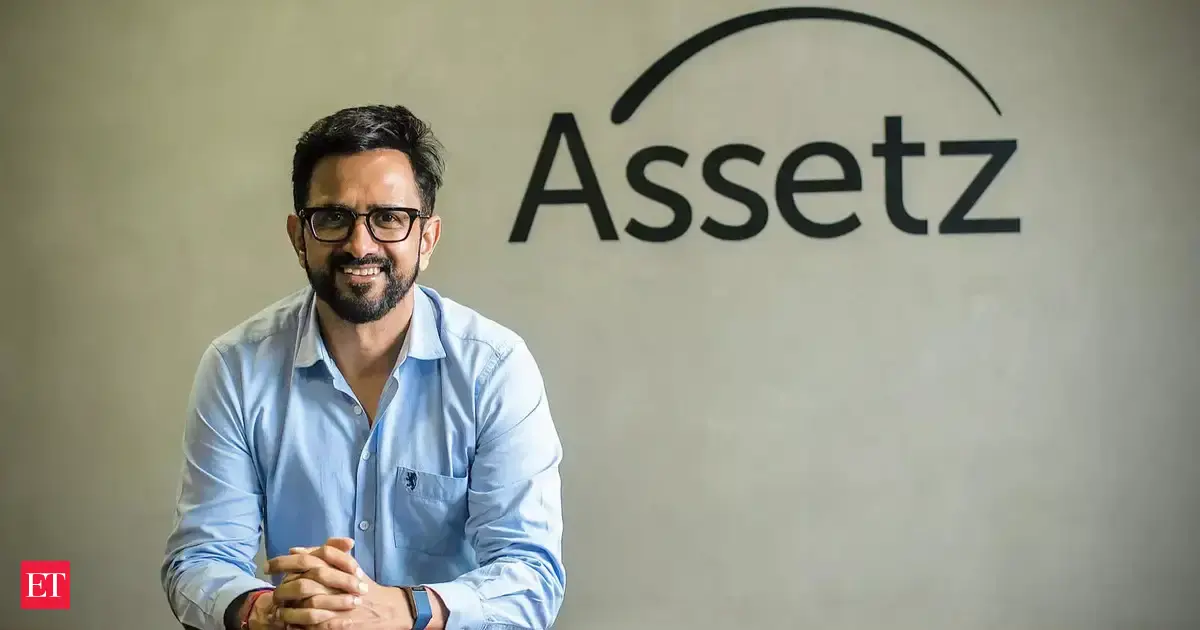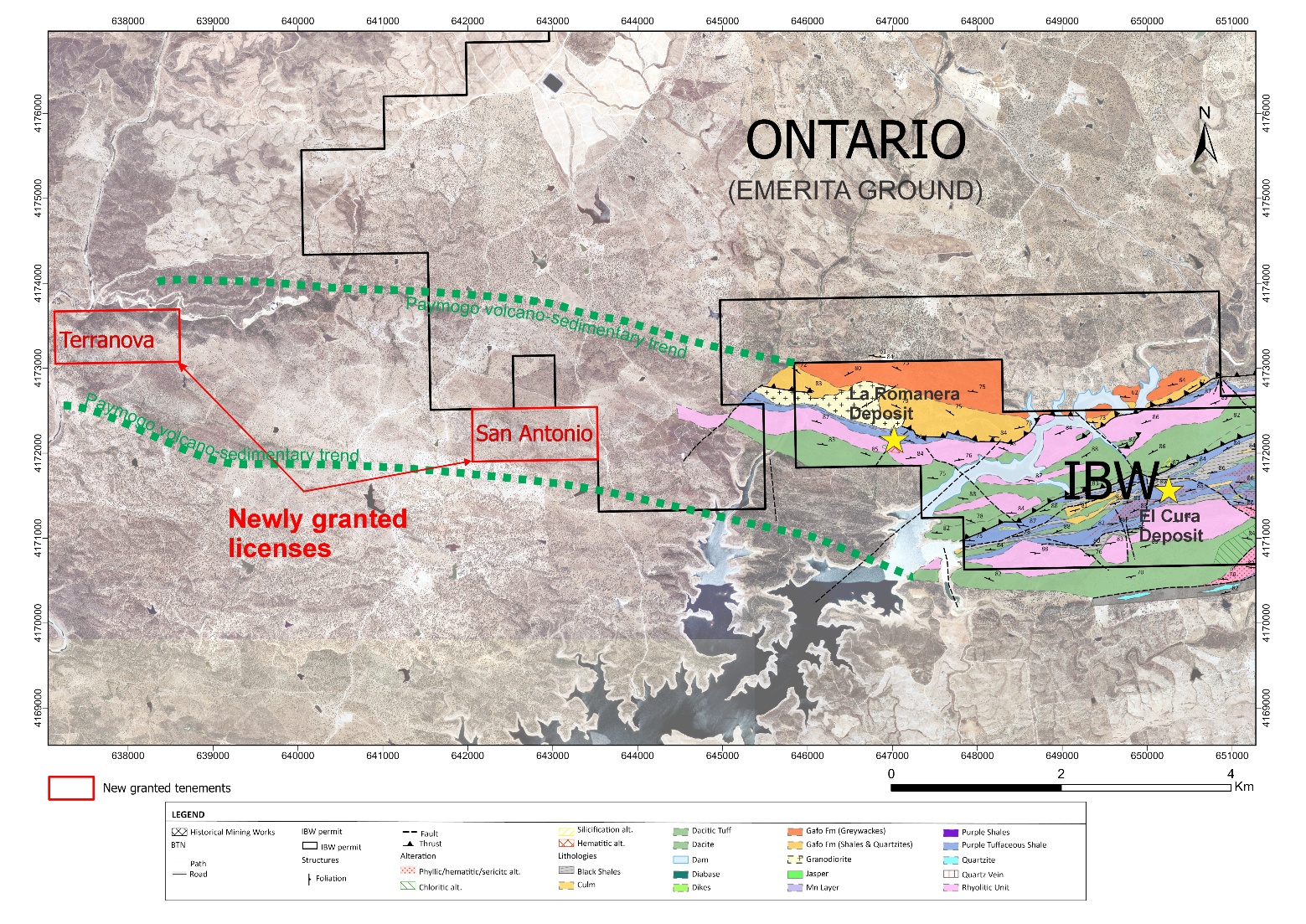By Megha Ghosh
Copyright yourstory

Where thousands of employees stream into IT campuses across India, the hidden machinery of corporate mobility quietly handles transport.
Behind those shared cabs and optimised shuttle routes lies a technology backbone that has transformed a logistical headache into a strategic business enabler. At the heart of this shift is Bengaluru-headquartered , a mobility startup that has been rethinking how India’s workforce gets to work.
Routematic was started in 2013 by Sriram Kannan and Kavitha Ramachandragowda to make office travel safer and more reliable. It follows the B2B2C model and has grown into one of India’s biggest tech-driven employee transport platforms, working with 300 companies, including Infosys, HCL, American Express, Barclays, and other leading IT and financial firms across 25 cities.
It now handles over 3.5 lakh rides every month and is helping businesses move towards electric mobility.
From SaaS to fleet operator
Routematic’s initial proposition was to offer a SaaS tool that could automate routing, optimise seat utilisation, and improve compliance.
“Routematic began as a SaaS platform that helps corporates optimise employee commutes with our route planning tech, support staff, and aggregated vehicles,” Kannan says. In the same year, it signed up its first client: Cisco.
By 2018, the startup added fleet operations, beginning in Pune and Bengaluru where it let companies either manage their own vehicles or use Routematic as a super aggregator. Infosys was Rouetmatic’s first client for fleet operations.
“Instead of juggling multiple fleet vendors, corporates could let us handle the optimisation,” Kannan says.
COVID-19 was extremely tough for Routematic. Most of the team was let go, and the company survived by delivering laptops and oxygen cylinders. A $2 million Bosch funding in March 2020 gave brief relief, but the second wave hit harder. “We were almost finished,” Kannan says. But Kannan and Ramachandragowda held on, knowing demand would return.
After the pandemic, hybrid work made commutes unpredictable. Routematic’s AI platform helped companies manage this, while rising EV adoption moved from CSR to core goals. By solving both, Routematic rebuilt and turned profitable in FY24, staying so since.
The EV pivot
If the pandemic tested survival, the years after tested adaptability. EV adoption, once seen as just a CSR activity, has now become key to corporate sustainability plans. “Before COVID, EVs were too costly and not mainstream,” Kannan says. “But after COVID, we’ve seen rapid EV launches, better charging infrastructure, and corporates pushing for net zero goals.”
For Routematic, EVs are about cost, not just image. “Once monthly use crosses 2,500 km, EVs match or beat diesel,” Kannan says. “They cost a third or even a fourth per km, but only an aggregator with large B2B contracts can ensure that level of use.”
Routematic began with just 10 trips a day in its first year. Today, it runs over 10,000 trips daily with about 7,500 vehicles on its platform, one driver for each vehicle. However, the company doesn’t own cars; it leases ICE vehicles from driver-owners or vendors, while EVs are sourced directly on lease and handed to drivers to operate.
Routematic now runs a blended fleet with 12–15% buses and the rest sedans, SUVs, and tempo travellers. Of its 7,500 cabs, about 15% are EVs, set to reach 25–30% by FY26, with no extra cost for EV rides.
“We don’t want to charge a single rupee extra just because it’s an EV,” Kannan says. “We always will run a blended fleet, but corporates are saying they want to go completely green by 2028 or 2030. We are helping them achieve that roadmap.”
Inside the growth engine
To handle scale, the startup runs Routematic Operations Command Centres (ROCCs) in Tier I cities. These centres use its Fleet Central software to manage routing, dispatch, and driver support. “It’s a fully tech-enabled system,” Kannan says. “Drivers attach their cars, get trained, and all operations are tracked in real time.”
Routematic builds all its tech in-house, including AI models. “I built it myself, I still do code,” Kannan says. Instead of off-the-shelf models, the startup uses reinforcement learning for route optimisation. “Our route ranking is unique; we don’t just look at time and distance but also comfort, safety, and user preferences,” Kannan says.
Routematic follows a diversified revenue model. It earns through SaaS, charging a subscription fee for each active employee using the app. It also makes money from manpower services by adding a margin on staff salaries for managing transport. Fleet operations bring revenue through per-trip or per-kilometre billing. In addition, its B2C app, CocoRides, charges Rs 200–Rs 250 per seat for campus pooling rides.
Drivers are hired on fixed monthly payouts, with Routematic taking the utilisation risk. “We give assured income,” Kannan says. “We are one of the highest payers, and drivers can cover their EMI, running costs, and still take home a decent income.”
A pipeline of growth
In May 2025, Routematic raised $40 million from climate-focused investors, fuelling its expansion. “Earlier, we were in just a few cities,” Kannan says. “Now we operate across five Tier I hubs, Bengaluru, Pune, Hyderabad, NCR, and Chennai, while also growing our EV fleet.”
“Routematic’s solutions tackle urban transport emissions cost-effectively, combining climate impact with a profitable model. They meet rising demand for sustainable mobility, and we are excited to support their next growth phase,” says Akhil Jain, Fullerton Carbon Action Fund.
The cleantech startup, which reported FY25 with Rs 178 crore in revenue, is currently annualising Rs 300 crore, and expects to reach Rs 500 crore revenue in FY26. “We are already profitable, so fundraising isn’t a priority,” says Kannan. “With a strong customer pipeline in place, our focus now is on execution.”
Staying focused
Although its AI and routing tech could be used for logistics, Routematic has chosen to stay focused on people transport. “Startups need focus,” Kannan says. “We’re growing 8–10% every month in this space. Just because we can handle trucks doesn’t mean we should.”
Routematic is also clear about expansion, choosing to stay within Tier I cities for now. “There’s enough depth in this market,” Kannan says. “We don’t want to spread ourselves too thin.”
According to a Mordor Intelligence report, the global market size for Employee Transportation Services is estimated at around $40.18 billion in 2025 and is projected to grow steadily and reach approximately $52.12 billion by 2030.



